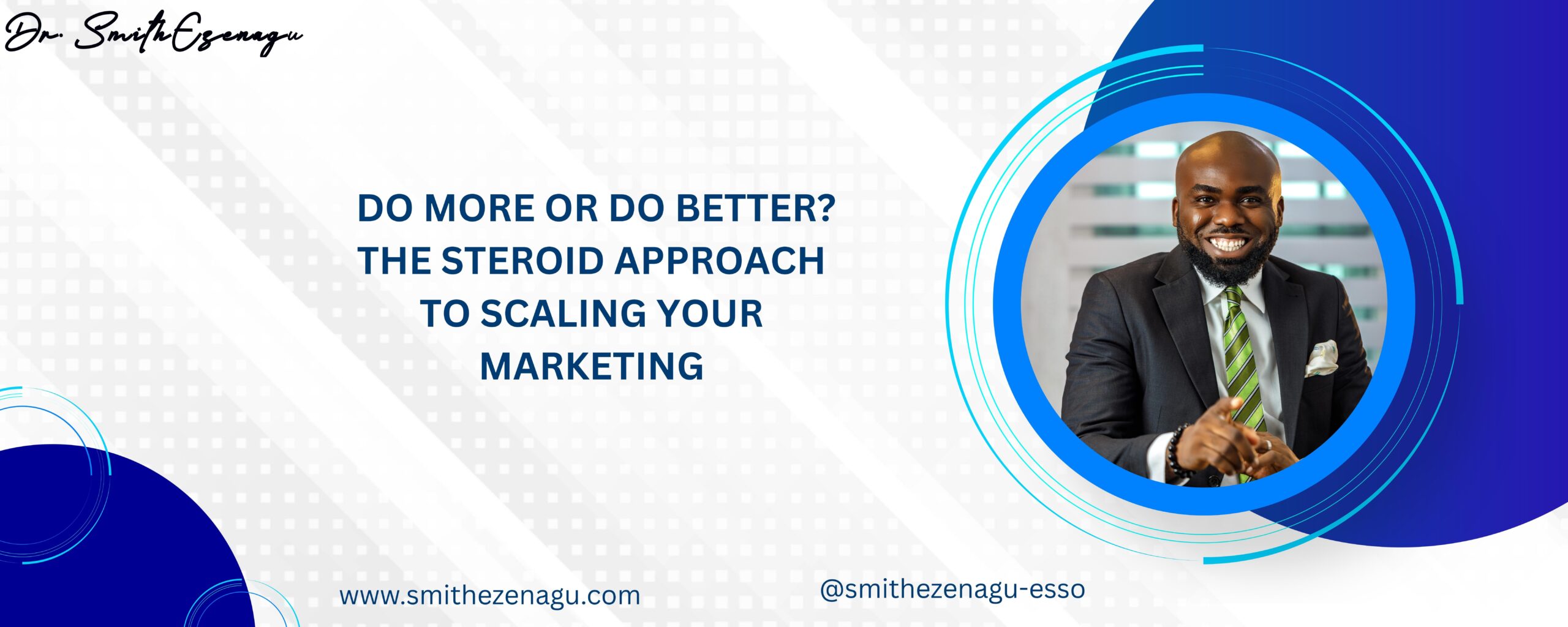Introduction: The Law That Moves Sales
There’s a truth in both physics and business: nothing moves until an external force acts on it. In sales, that force is demand. And one of the strongest ways to generate demand is scarcity. Scarcity makes people want what you have, not because the product itself changed, but because their fear of missing out was triggered.
Section 1: Why Scarcity Works on Human Psychology
Scarcity taps into primal instincts. For centuries, humans survived by fighting for scarce resources. Water, food, land, opportunities — all were limited. That wiring never left us.
When something feels scarce, our brains assign it more value. It becomes desirable, urgent, and emotionally charged. The mere thought of losing it feels painful. And people would rather act quickly than face the pain of regret.
Section 2: The “Limited Edition” Effect
Why do companies release limited edition sneakers, phones, or handbags? It’s not because they can’t produce more. It’s because limiting supply increases demand.
Nike, Rolex, and Louis Vuitton thrive on this. The scarcity isn’t accidental; it’s engineered. They know that when buyers believe “I may never get this chance again,” hesitation disappears. Scarcity transforms products from commodities into trophies.
Section 3: When Abundance Kills Value
The opposite is also true. When products are everywhere, demand dies.
Real estate is a clear example. A developer boasting, “We have 2,000 plots available,” unintentionally kills urgency. Buyers relax. They think, “I can always buy later.”
But frame it as “10 plots left at ₦15M, after this week, the price jumps to ₦20M,” and suddenly buyers act. Abundance breeds complacency. Scarcity creates urgency.
Section 4: Case Studies of Scarcity at Work
- COVID Face Masks: Before the pandemic, masks were cheap and ignored. When scarcity hit, prices skyrocketed, and demand exploded.
- iPhone Launches: Apple uses scarcity every year. Limited pre-orders, long queues, and sold-out notifications fuel the frenzy.
- Concert Tickets: When organizers announce “only a few tickets left,” sales spike. Scarcity turns browsers into buyers.
Section 5: How to Apply Scarcity in Your Business
- Limit Quantity: Offer a fixed number of slots, products, or packages. Example: “Only 50 seats available for this training.”
- Limit Time: Attach deadlines. Example: “Offer closes by midnight.”
- Limit Access: Use exclusivity. Example: “Available only to premium members.”
- Highlight Demand: Show proof of movement. Example: “300 buyers already secured their plots.”
The key is authenticity. Scarcity must feel real, not fabricated. Fake scarcity destroys trust.
Section 6: The Scarcity, Value Equation
Scarcity doesn’t only drive urgency; it elevates perception. People assume if something is scarce, it must be valuable. That’s why art, gold, and rare properties carry prestige.
When scarcity is real, your product stops being a transaction and starts being a status symbol. And status sells faster than logic.
Section 7: Scarcity in Real Estate
For developers, scarcity is the difference between stagnant plots and hotcake sales. Instead of shouting about thousands of hectares, narrow the offer. Divide inventory into phases. Create milestones that expire. Push buyers to act before the window closes.
Example: “Phase 1 sold out in 10 days. Phase 2 closes this Friday.” The message is clear: delay means loss.
Section 8: Scarcity Turns Interest Into Action
Interest is cheap. Prospects can admire your product forever without buying. Scarcity bridges the gap. It transforms polite interest into urgent action.
When buyers feel they could lose the opportunity, logic takes a back seat. Scarcity is not manipulation, it is motivation. It gives people a reason to decide now, not someday.
Conclusion: Scarcity as the External Force of Growth
Sales remain at rest until demand moves them. Scarcity is one of the strongest external forces you can apply. It makes people rush, prioritize, and commit. Without it, you’re left waiting on “I’ll get back to you.”
Every entrepreneur must learn this: don’t just sell products, engineer demand. And the most reliable demand engine is scarcity.
Dr. Smith Ezenagu is the Chairman of Esso Group, a diversified conglomerate shaping real estate, finance, education, and media. Dr. Smith Ezenagu is recognized as a real estate & investment mogul, life coach, and private equity expert. He leads Esso Group and its subsidiaries: Esso Properties (awarded Nigeria’s Most Innovative Real Estate Company in 2024 and recognized as the best real estate company in Nigeria), Esso School of Enterprise (the leading institution equipping entrepreneurs), and Esso Capital (delivering smart, trusted financial solutions across Nigeria).


